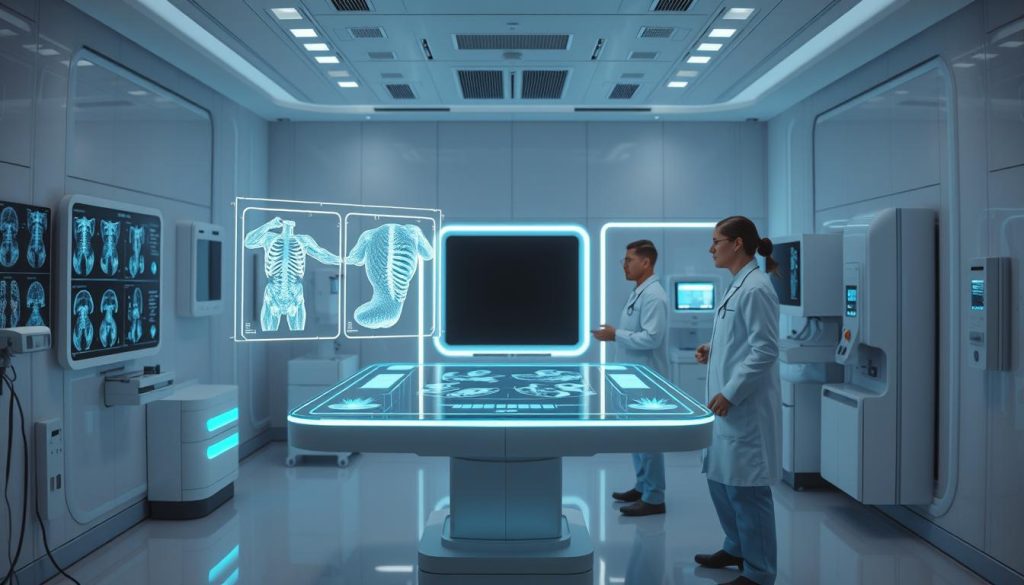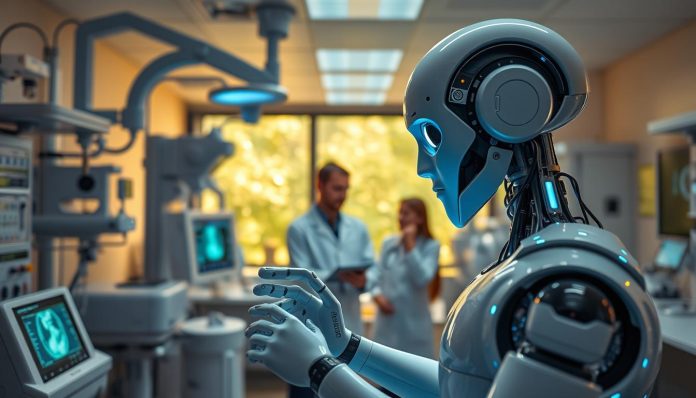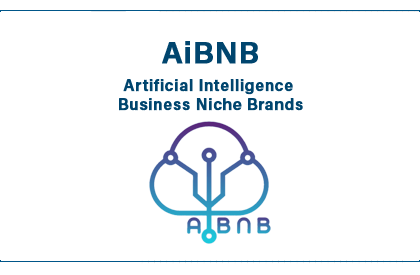Autonomous AI agents are transforming industries, including healthcare, by automating complex tasks and enhancing decision-making. The integration of AI in healthcare, also known as medical AI or artificial intelligence in medicine, is revolutionizing patient care. With the ability to analyze vast amounts of data quickly and accurately, AI-driven systems can help clinicians make more informed decisions, improving patient outcomes and operational efficiency in the field of AI in healthcare.
AI-powered tools, such as those used in AI in healthcare, can assist in the analysis of medical images, helping to identify diseases earlier and more accurately than human clinicians alone. The use of artificial intelligence in medicine is also streamlining clinical workflows, reducing administrative burdens, and improving patient engagement. As the global AI in healthcare market is expected to reach $45.2 billion by 2026, it’s clear that AI in healthcare is becoming a crucial aspect of the industry.
Key Takeaways
- Autonomous AI agents are automating complex tasks and enhancing decision-making in various industries, including healthcare, where AI in healthcare is being used to improve patient outcomes.
- AI-driven systems can analyze vast amounts of data quickly and accurately, helping clinicians make more informed decisions in the field of medical AI.
- The integration of artificial intelligence in medicine is streamlining clinical workflows, reducing administrative burdens, and improving patient engagement, showcasing the potential of AI in healthcare.
- The global AI in healthcare market is expected to reach $45.2 billion by 2026, growing at a CAGR of 50.2% from 2021, highlighting the importance of AI in healthcare.
- 70% of healthcare organizations are anticipated to adopt AI agents for administrative tasks by 2025, demonstrating the increasing adoption of AI in healthcare and medical AI.
- AI agents are projected to enhance productivity by up to 40% in various business operations by 2025, including those in the field of artificial intelligence in medicine.
Developments in AI Systems for Healthcare
Recent advancements in AI systems have transformed the healthcare landscape, enabling autonomous agents to operate independently and automate tasks. This has led to increased efficiency and reduced workload for healthcare professionals. For instance, AI-powered systems can automatically generate clinical notes, reducing the time clinicians spend on documentation. AI-driven diagnostics have also improved the accuracy of medical diagnoses, streamlining the clinical decision-making process.
AI systems are being adopted to automate time-consuming, high-volume repetitive tasks in healthcare, such as clinical documentation and patient monitoring. The use of ambient listening and machine vision in healthcare has also shown promise in automating tasks. Furthermore, AI-driven diagnostic tools can analyze medical images and patient data to provide accurate diagnoses, helping to reduce errors and improve patient safety.

Healthcare innovation has been driven by the development of AI systems, with over 129 AI devices approved in the USA for radiological use. The application of AI in healthcare aims to achieve the ‘quadruple aim’: improving population health, enhancing patient experience, improving caregiver experience, and reducing costs. With the potential to significantly cut the time and costs associated with drug development, AI is poised to revolutionize the healthcare industry.
The integration of AI-driven diagnostics and healthcare innovation has the potential to drive improvements in areas such as precision diagnostics, precision therapeutics, and ultimately precision medicine. As the healthcare industry continues to evolve, the adoption of AI systems is expected to play a crucial role in shaping the future of healthcare, enabling clinicians to focus on patient care and improving overall health outcomes.
Real-World Applications and Future Implications
As artificial intelligence (AI) becomes more integrated into healthcare, it’s crucial to consider the real-world applications and future implications of these transformative technologies. Autonomous AI systems have the potential to revolutionize patient care, but they also raise ethical concerns and governance challenges that must be thoughtfully addressed.
One of the key areas where AI is already making a significant impact is in improving the accuracy and efficiency of medical diagnoses. Deep learning algorithms have demonstrated remarkable precision in identifying various diseases, from cardiovascular conditions to rare genetic disorders. For example, an AI system developed by Scripps Research Institute and Intel achieved an 85% accuracy rate in predicting high-risk patients for cardiovascular disease, while the AI-powered algorithm used by London’s Moorefield’s Eye Hospital boasted a 94% accuracy rate in detecting ocular diseases.
Looking ahead, the future of AI in healthcare will depend on the ability to balance innovation with responsibility. Policymakers, healthcare professionals, and technology innovators must work together to establish clear guidelines and ethical frameworks for the development, deployment, and use of AI in medical settings. By prioritizing patient-centered care, data privacy, and algorithmic transparency, we can harness the power of to and improve patient outcomes while mitigating potential risks.
Source Links
- The Rise of Autonomous AI Agents: A Comprehensive Guide
- The Rise of AI Agents: How They’re Changing the Game and What’s Next – Genies
- The Evolution of AI: Introducing Autonomous AI Agents – Shelf
- Artificial intelligence in healthcare: transforming the practice of medicine
- No longer science fiction, AI and robotics are transforming healthcare
- AI in Healthcare: Uses, Examples & Benefits | Built In
- Real-world application, challenges and implication of artificial intelligence in healthcare: an essay
- Revolutionizing healthcare: the role of artificial intelligence in clinical practice – BMC Medical Education




